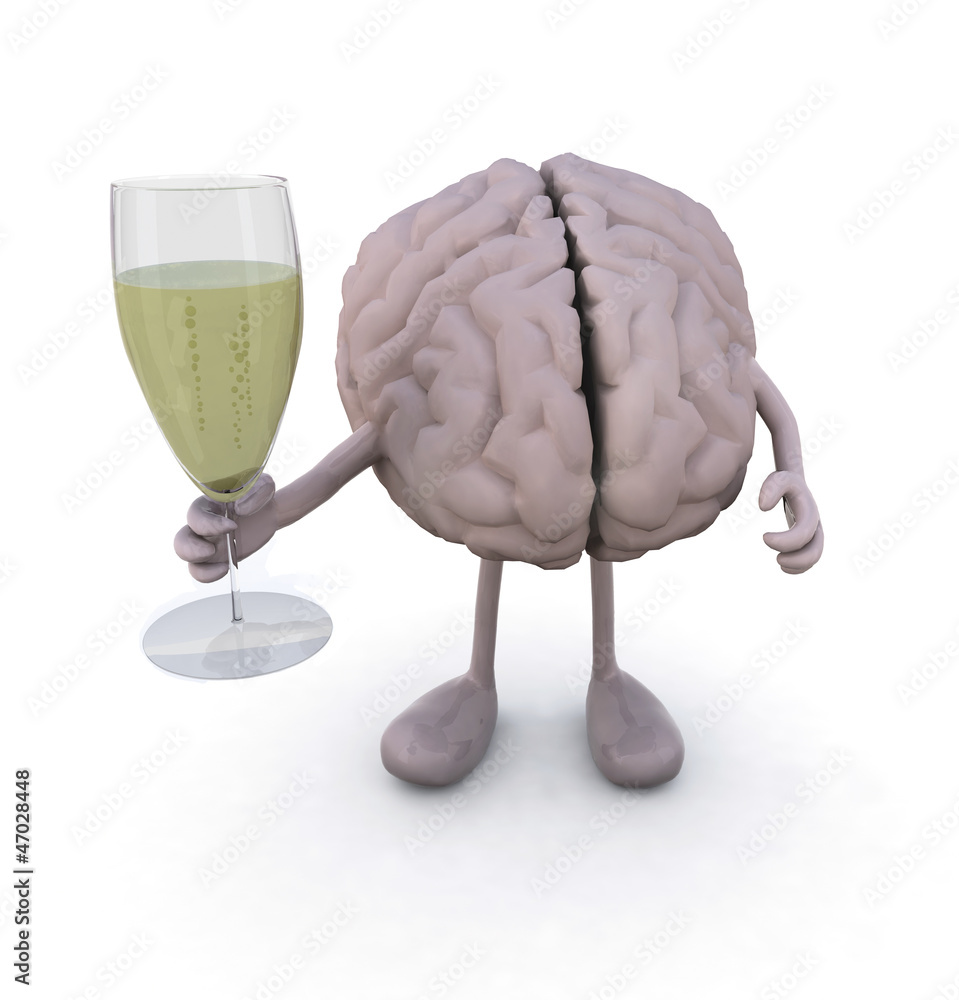Shaquille O’Neal has a history of “under-the-radar” kindness. I read an article written by sports writer George Diaz about this basketball legend.
Shaq has a jewelry line at Zales in Atlanta and was recently spotted picking up the tab for an engagement ring a shy young man wanted to pay off.
Another of his recent acts of kindness was when a woman was attempting to purchase furniture for her autistic daughter. Shaq stepped in and paid for it.
He also paid for Louisville football signee Dexter Rentz's complete funeral expenses after he died in a shooting in Orlando. Shaq’s random act of kindness included a horse-drawn carriage and a custom-made casket.
Shaquille gives away turkeys at Thanksgiving, Shaqsgiving, and toys at Christmas, Shaq-a-Claus. Such generous, creative fun!
According to reporter Diaz:
It’s not an act. It’s who he is.
Shaq is an inspiring example for children and humans of every age.
We may not have the funds to match this type of kindness, yet there is never a shortage of kind deeds and charity we can contribute.
My son doesn’t believe in handing out cash to folks who stand looking for a hand-out on street corners in the city, assuming the money may go towards liquor or drugs. He prefers to distribute protein bars instead, a simple act of kindness.
You cannot save people. You can only love them. — Anai Nin.
Along the same lines, my friends Mia and Dennis leave their suburban home on Christmas Eve to go to the Tenderloin district in San Francisco and purchase and distribute dozens of sandwiches to the homeless. An admirable act of generosity, goodwill, and sharing during the holiday season.
I recently visited a long-time friend diagnosed with Mild Cognitive Disorder, and it appears it has progressed into the beginning stages of Alzheimer’s. Her family is highly concerned about her, wondering if she is eating enough, as her weight has dropped. Is she safe living alone? What about her driving? Is that something that should be under closer scrutiny?
My role, I decided, was to be her friend during our visit. I did not monitor her meals, exercise, or any of the nuances of her daily life that troubles her family. If she repeated herself multiple times, I acted as though it was the first time she stated it. I patiently explained the circumstances when she could not recall an event we shared.
We spent two days and one evening enjoying our time together. Consequently, we had a wonderful experience, reminiscing about our friendship as well as the special bond our sons had growing up together.
You may think what I did with my friend was what anyone would do. I call it kindness because her daughter phoned me the following day to report that her mom was happier and more animated than she had been in many months. Our time together re-invigorated her. It is always kind when one has brought joy to another.
It is easy to “clap” for a story on Medium if it speaks to us. Such a little thing, perhaps — not so little to the author. At least not to this author, and I suspect many authors on this platform would agree.
Holding a door open for a stranger, giving a few dollars to a homeless person, tipping the barista a bit more than expected — all acts that could bring a smile to their faces and cost us very little.
Along with millions of Americans, I volunteer countless hours to causes we believe in — and this is a charitable gesture. However, what may be even more meaningful are the little acts of kindness that may go unnoticed every day, such as those I have mentioned.
These kindnesses are what make the world go round.
I love witnessing little acts of care and consideration bestowed by others every day. Noticing these blessings multiplies the effect; a charitable deed benefits everyone. Plus, kindness is contagious.
How wonderful it is that nobody need wait a single moment before starting to improve the world. — Anne Frank.

